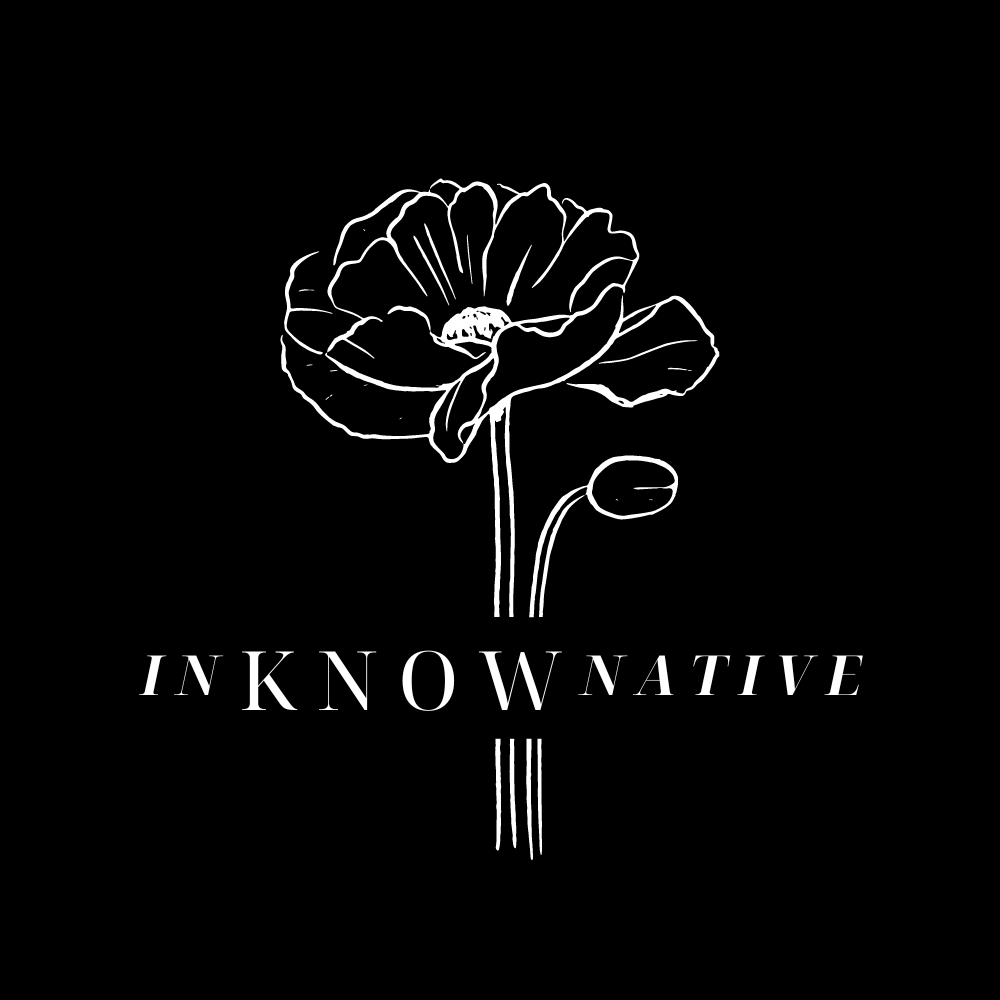Your Human Firewall: How Psychological Safety Protects Your Culture
In the digital age, cybersecurity is non-negotiable. Organizations invest heavily in firewalls, threat detection, and encryption to guard against external breaches. But while cyber threats are evolving, there's a more insidious risk often overlooked: cultural vulnerabilities. These don't show up on network scans. They originate inside your teams.
Imagine, instead of protecting data, you’re protecting values, ethics, and trust. What stands guard at those gates? Psychological safety.
Psychological Safety as a Cultural Firewall
In cybersecurity, a firewall acts as your first line of defense. It filters harmful intrusions and prevents them from infiltrating core systems. In organizations, psychological safety plays a similar role. It’s the invisible firewall that protects your culture from the inside out.
When psychological safety is present, employees act as real-time risk detectors. They:
- Speak up about flawed assumptions or broken systems
- Raise ethical concerns before they escalate
- Address burnout and well-being issues proactively
- Challenge groupthink that could lead to poor decisions
According to Dr. Amy Edmondson, psychological safety is "a belief that one will not be punished or humiliated for speaking up with ideas, questions, concerns, or mistakes" (Edmondson, 2019). This simple yet powerful belief allows employees to act as early warning systems that protect an organization from cultural erosion and operational missteps.
When the Human Firewall Fails
But what happens when psychological safety is absent?
Much like a disabled firewall invites cyberattacks, the lack of psychological safety exposes organizations to significant internal threats:
- Silence in the face of dysfunction
- Suppression of innovation and creativity
- Escalating ethical risks
- Burnout hidden behind forced smiles
- Reputational damage from preventable failures
Fear shuts down communication. And when communication breaks down, small problems fester until they explode—often publicly, and expensively.
In his book The 4 Stages of Psychological Safety, Dr. Timothy R. Clark outlines the progression from Inclusion Safety to Challenger Safety, a developmental path that supports increasingly bold acts of contribution (Clark, 2020). If an organization stalls at stage one—focusing only on belonging and comfort—it misses out on the full protection a mature culture provides.
The Cost of Silence
Research supports this risk. A study by VitalSmarts (now Crucial Learning) found that a single culture-based communication failure can cost an organization an average of $25,000. Multiply that across teams and departments, and the risk becomes systemic.
Silence isn’t just a missed opportunity—it’s a breach waiting to happen.
Psychological Safety as Risk Management
Treating psychological safety as an element of risk management—not just employee well-being—is the next evolution in organizational design.
- Operations benefit when team members flag inefficiencies early.
- Compliance strengthens when people are unafraid to report unethical practices.
- Innovation flourishes when bold ideas are welcomed and refined.
- Retention improves when people feel heard, valued, and supported.
When these areas thrive, so does the organization as a whole. Psychological safety becomes the proactive measure that catches issues upstream—before they reach crisis levels downstream.
How to Strengthen Your Human Firewall
Like any protective system, psychological safety must be actively maintained and reinforced. Here are foundational practices to cultivate it:
1. Model Vulnerability at the Top
Leaders must go first. Admit mistakes. Ask for feedback. Show your own learning curve. This invites others to do the same.
2. Create Norms That Normalize Voice
Build into your team rhythms practices like retrospective learning, anonymous input, rotating facilitators, and structured feedback sessions.
3. Reward Candor, Not Just Compliance
When someone raises a concern or challenges the status quo respectfully—celebrate it. Publicly thank them. Set a precedent.
4. Practice Repair, Not Just Prevention
Psychological safety doesn’t mean perfection. When harm happens, respond with humility. Apologize. Restore trust. People don’t need flawlessness—they need responsiveness.
5. Build Skills, Not Just Awareness
Invest in tools and training for giving feedback, navigating conflict, and facilitating inclusive dialogue. Psychological safety grows where competence meets care.
InKNOWnative's Approach: Safety Before Scale
At InKNOWnative, we know the firewall only holds if the trust foundation is strong. That’s why our work begins before inclusion—we start with repair, rebuilding trust, educating leaders, and cultivating both courage and connection.
Our philosophy? Psychological safety isn’t a luxury—it’s infrastructure.
Without it, pressure breaks teams. With it, pressure forges excellence.
A Culture Worth Protecting
As organizations move faster and operate under greater scrutiny, the need for psychological safety has never been greater. It is the foundation of ethical leadership, agile transformation, innovation, and long-term resilience.
A fearless culture isn’t one where nothing goes wrong—it’s one where people speak up early enough to make it right.
So ask yourself:
- Are your people rewarded for raising red flags?
- Is disagreement welcomed—or avoided?
- Do your teams detect dysfunction, or defer to it?
Because in a high-trust organization, your people aren’t your weakest link. They’re your human firewall.
If you want to bring psychological safety into your organization but aren't sure where to begin, start here by reading this InKNOWnative Insights: How to Use InKNOWnative’s Step-by-Step Training to Build Sustainable Psychological Safety.
Citations
- Edmondson, A. C. (2019). The Fearless Organization: Creating Psychological Safety in the Workplace for Learning, Innovation, and Growth. Wiley.
- Clark, T. R. (2020). The 4 Stages of Psychological Safety: Defining the Path to Inclusion and Innovation. Berrett-Koehler Publishers.
- Geller, E. S. (2001). The Psychology of Safety Handbook. CRC Press.
✨ Brought to you by InKNOWnative
The spark of innovation & knowledge is native to each of us. Empowering organizations to build fearless, high-performing, learning cultures through psychological safety, inclusion, and innovation.
📩 Contact: https://www.inknownative.com/contact
🌐 Website: www.inknownative.com
📱 Instagram: @inknownative
#PsychologicalSafety #CyberSecurityCulture #HumanFirewall #FearlessOrganizations
#InKNOWnative #SpeakUpCulture #OrganizationalHealth #TrustAtWork
#InnovationCulture #LeadershipDevelopment #TeamSafety #InclusiveLeadership
